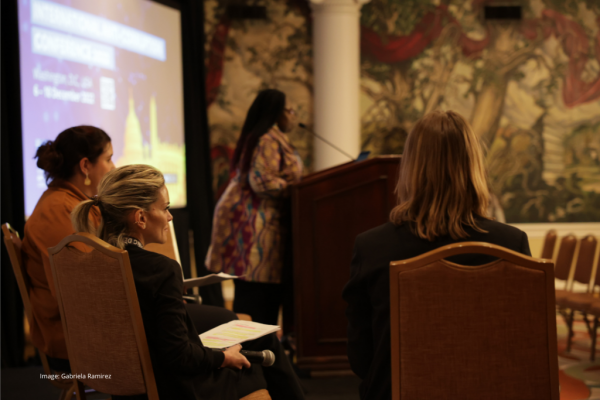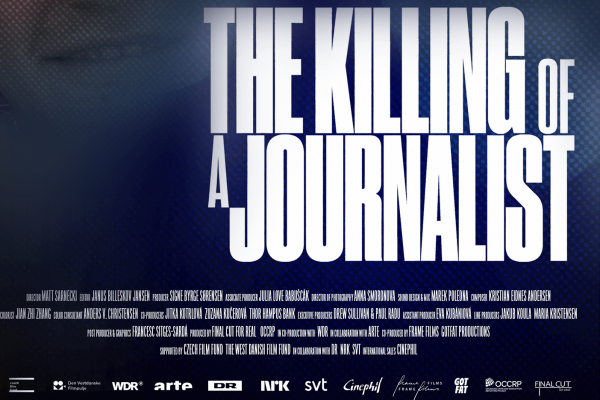Imagine you have millions of drug trafficking dollars you want to launder. You have your pick of bankers and the smartest lawyers money can buy, lobbyists get you in front of the highest political figures, your assets are hidden behind a trove of offshore trusts, top hedge funds are happy to invest your profits, and of course, such immense wealth can even buy you access to golden visas and diplomatic passports.
This, said Drew Sullivan, co-founder of the Organized Crime and Corruption Reporting Project (OCCRP) is what the anti-corruption community is up against, and the situation is far worse than many people imagine.
Speaking during the International Anti-Corruption Conference (IACC) in Washington, DC, last December, Sullivan painted a grim but realistic picture of the resources at hand, and the system of enablers available to those on the wrong side of the law. Many looking at the current cost-benefit analysis of corruption may see the scale tipping towards the “benefit” side of the equation.
Tess Davis, executive director at the Antiquities Coalition, a non-governmental organization working to stop the looting and trafficking of antiquities, and project director Helena Arose, echoed this sentiment, pointing to impunity in the illicit antiquities trade and how this trade finances conflict and violence around the world.
American billionaire Michael Steinhardt had to return US$70 million of looted antiquities in 2021 – items that were traced back to Syria, Libya, and Iraq amongst other places — and was barred from ever buying antiquities again. A cross-border investigation had found that the pieces had been looted and smuggled from nearly a dozen countries by 12 illicit networks. (After the ruling, Mr Steinhardt’s lawyers said he was “pleased… that items wrongfully taken by others will be returned to their native countries.”)
According to experts, expecting accountability in the “origin” countries of antiquities, drugs, and natural resources is flawed, as often these countries have tainted accountability mechanisms due to state capture, conflict, and corruption. Davis quoted the criminologist and professor Tom Naylor at McGill University, who said “never in history has there been a black market defeated from the supply side.”
To stop the illicit art trade the focus should be on the “demand” side, experts at the IACC said, the developed nations such as those in the G20 group of the world’s largest economies which accounted for over 90% of the global art market in 2020.
In terms of law enforcement, another global loophole remains: in many countries enablers including art dealers, lawyers, accountants and hedge funds are not required to verify the identity of their clients.
To stop stolen cultural heritage ending up in developed countries, enablers and financiers in these countries should be held accountable. Recent experiments in collaboration between media, civil society, law enforcement, and policymakers indicate where there are promising opportunities.
Transparency International and the OCCRP started the Global Anti-Corruption Consortium in 2016, which combines hard-hitting investigative journalism with civil society advocacy, and saw a fivefold increase in the impact of corruption stories, Sullivan said.
Despite the organisations involved having sometimes radically different approaches – from hard-hitting advocacy to in-depth investigative journalism – the project has brought results.
Participants on both sides of the reporting/advocacy divide manage to work together by having clear agreements in place.
Speaking at the IACC, US Senator Sheldon Whitehouse underscored the importance of ensuring legislation in this area keeps up. We are, he said, “engaged in a clash of civilisations. There is a real impact to our security if our institutions of law are aiding and abetting our enemies of war.”


